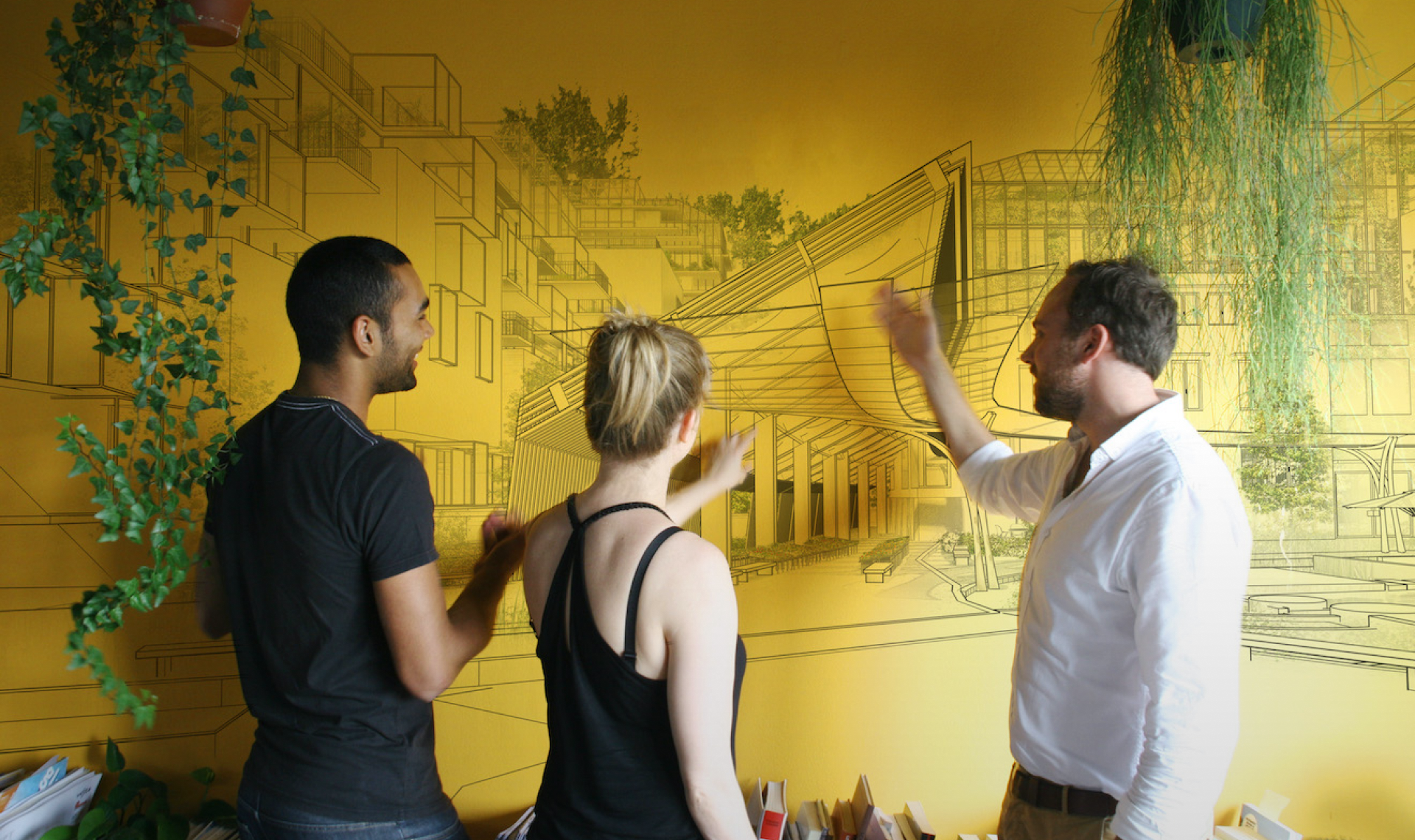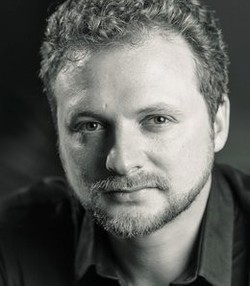Mixed messages this month. Exciting news and global stress make for a colorful news-soup for this wormfood. The UN stresses that we need to eat less meat if we're to counter the effects of global climate change. Russia is chiming in by wanting to become the world leader in organic food. At the same time, energy from wastewater is making headway, nitrogen emissions are causing worries, and disappearing urban green space is becoming a global concern. Read all about it in this wormfood.
Global News: Vegan diet to save the world
- Animal products cause more damage than producing construction minerals such as cement, plastics and metals. Biomass and crops for animals are as damaging as burning fossil fuels.
-
Russia wants to become the world’s largest supplier of organic foods. After taking a stand against GMO seeds last year, the country aims to choose different path in food production.
- A week of bushfires in Tasmania have done extraordinary damage. This world heritage area was home to a range of unique flora including pines older than 1,000 years. Now more than 10,000 ha of land is burnt, ecologists say that the ancient flora will not recover.
- Zika may not be responsible of birth defects. Scientist found that Larvicide Manufactured by Sumitomo could be the true cause of Brazil's microcephaly.
Energy & Environment: Electricty generated by wastewater

-
Two researchers found a way to increase the amount of electricity generated from wastewater. This contributes to a growing movement to get energy from existing waste and to make treatment facilities more energy-efficient.
- Just one of the world's largest meat producers is responsible for dumping more toxic pollution into U.S. waters than all other producers combined. Read how this study compromisses Tyson Foods.
- France has become the first country in the world to ban supermarkets from throwing away food. The government is forcing them instead to donate it to charities and food banks. Très bien fait la France.
Business & Economy: Effects on Oil prices

- How low will oil prices go? The oil futures market has dropped in price every day in 2016. It seems the only producers who can drill oil profitably are the Arab OPEC nations along the Persian Gulf.
- Yahoo is under pressure over ivory sale on its site. The American Environmental Investigation Agency said the site had auctioned more than 12 tonnes of ivory products, including whole elephant tusks.
- From Paris to Dubai, how can cities be more sustainable? Buildings are responsible for up to a third of greenhouse gas emissions globally. The most cost-effective time to reduce energy consumption in buildings is before construction.
Science, Technology & Design: Our nitrogen footprint

- Emissions of reactive nitrogen have increased more than ten-fold the past 150 years, contributing to deaths from air and water pollution. We have heard of managing carbon footprint. But how about our nitrogen footprint?
- Why do so much spaces attract crowds of happy visitors while others sit barren and empty? The study of metropolitan areas and human interaction is the key to planning our future. If we want to know how to make a better city, we have to start at ground level to discover the psychology of a city.
- There’s a lot of plastic in the world. What could the world do with the tens of billion tonnes of plastic waste produced each year? An inspiring example discovered at Yale University is a type of mushroom that can eat plastic.
Urban Environment: Greenery is disappearing in cities

- Green spaces in cities are dissipating because of rapid urbanization. Satellite imagery shows urban land-use in many cities grew by more than 50% between 1985 and 2010. How to overcome the barriers of Urban green space?
- Guess where the most polluted air is? Hint: it's not in China. While Beijing grabs the headlines for poor air quality, scientists say the pollution in Delhi, India, is far worse. Sarthak Jain story and find out how people deal with the air pollution.
- The idea to add more green space in Rotterdam, especially its harbor area, has inspired the collective Mothership to design a floating forest.
Unexpected and Intriguing: Syrians sharing their life stories

- Learn about Syrians lived before and after the conflicts started. The platform #IamSyrian shares their stories. Initiative by the United Nations World Food Program.
-
Education is the key to avoid suffering. A school in Sudan trains midwives to end FGM (Female Genital Mutilation). Over 135 million girls and women in the world went through FGM, a cultural practice that leaves them emotionally and physically scarred.
- Remember Cecil, Africa's most famous lion? Activists condemn trophy hunting clubs for turning wildlife into commodities. Animal rights advocates and conservation experts are united against these massacres.
Watch, read, join & connect

-
Film: What is it that makes us human? Filmmaker Yann Arthus-Bertrand spent three years collecting real-life stories from for the film HUMAN. Watch it via Films for Action.
-
Book: “A Sustainist Lexicon” presents seven words for a changing time. Author Michiel Schwarz shows how emerging cultures design our living environment. Read how he explores: circularity, co-design, placemaking, local, commons, connectedness and propotionality.
-
Event: For everyone who is challenged by urban data. The 29th of March the European Beyond Data Event takes place in Eindhoven, The Netherlands.
-
Workshops: Next week new Integrated Sustainability workshops with SiD. Some spaces left, sign up today!
See a news item suited for Wormfood, or a theme for a newsletter? Let us know!
April 29, 2016

